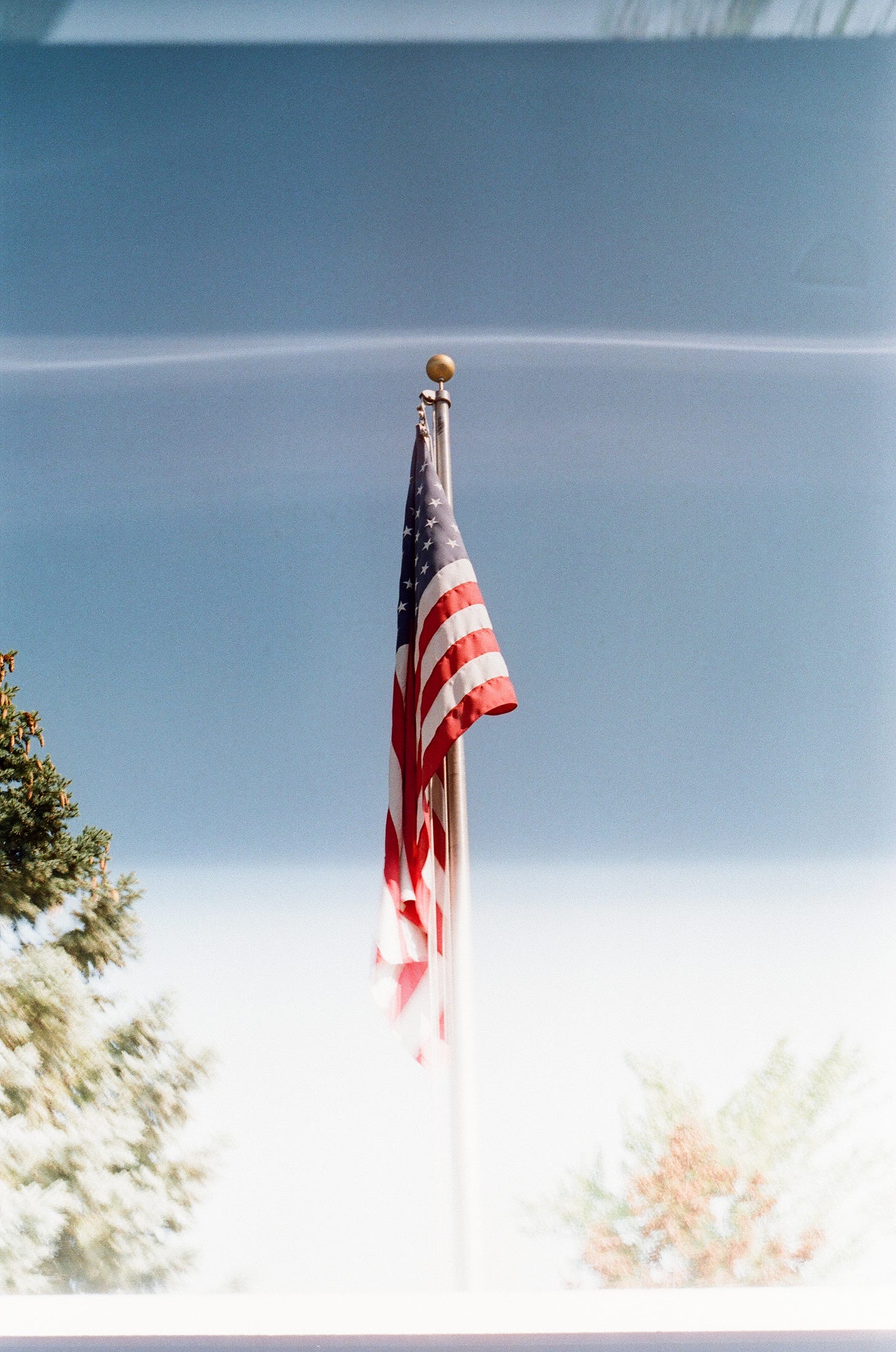One of my professors from my undergraduate studies, Prof. Dickran Toumajan, rest his soul, shared an interesting idea and sentiment with me about immigration. As someone who had immigrated from the US to the Soviet Union, and from Armenia back to America after the collapse of communism, I trusted his senses on immigration. He told me, I’m paraphrasing here so bare with me, “When a person immigrates to another country, the ideas and experiences of the old country are frozen. No matter how long they live in America, or any other country, the idea of the old country rarely evolves, but rather it is locked in time to the most recent memory of what it was when they left.” This idea of locking a location or even a whole country or continent in time became quite fascinating for me. But it did not take long for me to realise that we consistently delineate the world around us on a daily basis. Every time we go to work or school or wherever you go consistently, you take in that environment. But when you suddenly stop going and come back years later, your idea of what that place is still resembles the same idea as it did many years in the past. This locking of memory is certainly integral to the immigrant experience, and their children and so on. You personally miss the dynamic evolution or devolution of your hometown, and I believe that this absent experience of someplace that is of great importance to a person has its own social and political ramifications. A prime example of this is how Turkish citizens living in Germany overwhelmingly vote for conservative parties in Turkey an effort to “preserve the Muslim heritage and culture of Turkey”, even though it is a widely secular nation. Similar examples can be seen in a wide variety of diaspora communities around the world.
Every time I make the phone call back home to my friends, parents, grandparents or others, I’m consistently reminded of the seemingly precarious situation that America appears to be diving headfirst into. I’ve been physically detached from America for the past year, and in this short time, I can already feel how amorphous place can be. Cities, government, friends and family all change. Everything is in its own continuum to a certain degree, and I removed myself from my continuum back home and created a new one for myself, splintered off of the American life that I lived before. Life in this splintered plane of living has also left me whimsically unfamiliar with the America of today. A friend of mine who is caught between Latin America and Hong Kong told me not too long ago that Hong Kong is nothing like it was five years, and all of the old familiarities of what it was before have almost all but dissipated. I fear this same phenomena is happening to me at lightning speed. To a certain degree I will always be overwhelmingly American, in my attitude, spirit, and the curse of having a heavy Upper Midwest accent. But I fear that America is changing faster and more drastically than I can keep up with it from 7,000km away. I do everything in my immediate ability to stay up to date with the latest news, especially local, and to call family and friends. Yet I feel a growing distance, and a slow crystallisation of what it was before in my mind. The flashes of nostalgia for home maraud my mind from time to time, reminding me of something that used to be, and something that can never be again. The relative political, economic, and social stability of the nation, although it was on a rather fine edge, are all but figments of a distant past. The degradation of all of these factors have been in play for decades now. This degradation has been slow, and the tipping point from gradual to drastic is still elusive since there are a seemingly enumerable amount of moments that could be defined as the tipping point. Irregardless of the decisive moment of onset, everything is uncertain.
Yet I must also remind myself of how lucky I am in the fact that I have a certain amount of agency in this situation as well. I’m in Poland out of my own choice, I have a viable path to residency and a reason to be here through education. I didn’t just show up with my bags searching for greener pastures in an entitled manner. But I’m also lucky in that I’m able to return to the US if I need to. The fact that I’m writing an article about the dynamics of home and place is exemplary to whatever degree of privilege that I have. If I don’t acknowledge the personal agency I have in my own situation, I would truly be living in a fantasy fogged by the ignorance of my own being.
Ultimately, as the nation is following a concerning path that only continues to speed up, I’m crystallising what is left of the America of my mind. It is an exercise that is not steeped in ignorance to the reality of what is happening, but rather a subjective dissonance due to the circumstances I find myself in. A reinforcement of nostalgia, no matter how flowery or dreadful it is. Not to mention the longer I stay removed from America, the deeper the dissonance becomes. Yet this whole scenario is not an identity crisis of sorts, but rather an observation of the effects of being singular and away from home and its familiarity, especially in fast times like these. But I can only imagine how my cemented reverie of America might crumble the moment I resettle myself on the other side of the Atlantic.





